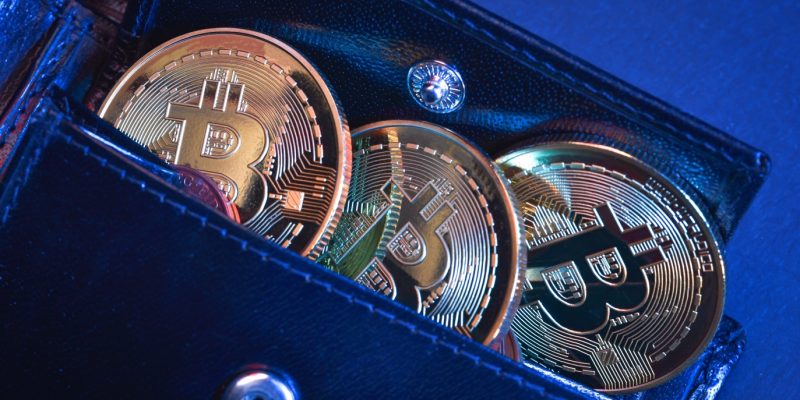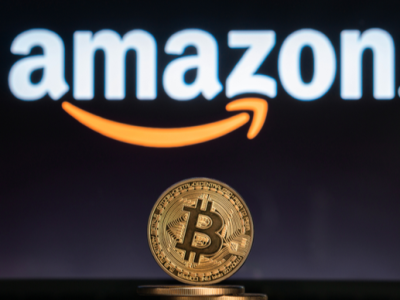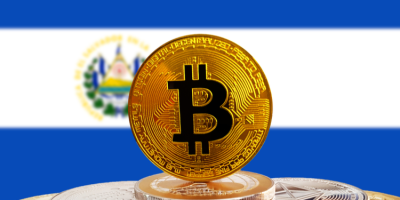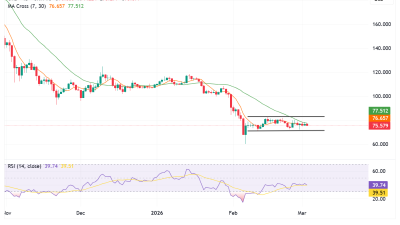- Sam Bankman-Fried caused a stir on social media after making remarks about Bitcoin’s inability to efficiently execute millions of transactions per second
- However, he believes that the flagship cryptocurrency can serve as a store of value
FTX CEO Sam Bankman-Fried got involved in the Bitcoin utility discussion earlier this week. The crypto entrepreneur noted that the idea that Bitcoin could facilitate payments in the future is wrong. In a recent Interview using the Financial Times Bankman-Fried explained that Bitcoin lacks the level of scalability necessary to achieve mass-scale acceptance as a payment network.
„Things that allow you to make millions of transactions per second must be extremely efficient and light, and reduce energy costs. Proof-of-stake networks are all that„, he said.
PoS in favor of PoW
Drawing on the concerns about electricity consumption that have plagued Bitcoin due to its proof-of-work consensus mechanism, the FTX CEO pointed out that Bitcoin also carries the risk of even higher energy consumption than today’s mining consumes.
“It must not come to the point that we end up having to spend hundreds of times today’s energy costs for mining.“
However, he did not completely discount the world’s leading digital asset by market capital. In particular, he noted that Bitcoin could still play the role of a store of value, like gold. The FTX boss added that there could be use cases beyond that – referring to Bitcoin as an asset or commodity.
Predictably, SBF’s comments did not go down well with Bitcoin believers, who got angry as a result. Some responded to Bankman-Fried’s argument by pointing to the Bitcoin Lightning Network, which handles up to 1 million transactions per second.
The FTX CEO then had to comment and clarify his comments.
“To make this clear, I also said that it has potential as a store of value. The BTC network cannot support thousands/millions of TPS, although BTC can be related to lightning/L2s/etc.“, he wrote in a later Tweet.
The CEO of FTX commented on this barely a month after the Central African Republic (ZAR) became the second country to introduce Bitcoin for daily payments.















Comments